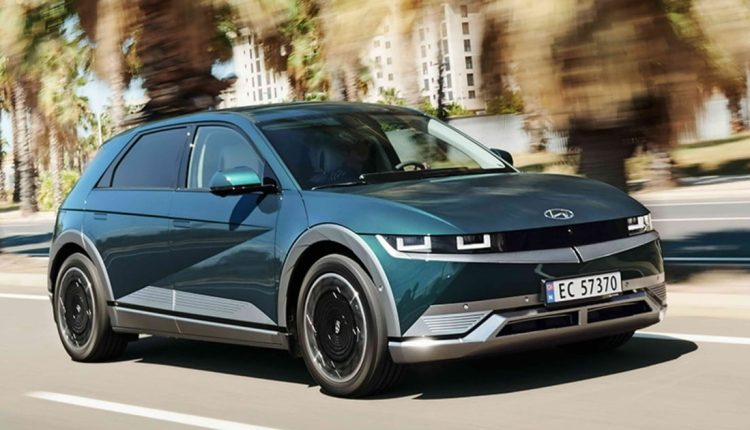Hyundai reported a net profit of 3.3 trillion won ($2.47 billion) for the January-March period versus a profit of 1.6 trillion won a year earlier, thanks to a rise in vehicle output as a global chip shortage eased and demand for its high-margin crossovers remained strong.
Revenue rose 25 percent to 37.8 trillion won while the automaker’s gross margin was 20.4 percent, ahead of the 18.2 percent the market was looking for. Its operating profit margin hit 9.5 percent
“Strong sales mainly stemmed from the improvement of production as chip and component supplies stabilized worldwide,” Hyundai said. It added it sees “persistent external factors, such as expanding inflation and fluctuation of raw material costs and interest rates due to geopolitical issues.”
Hyundai’s global retail sales for the first quarter rose 3.6 percent. Sales in Europe were 1.5 percent higher and jumped 13 percent in North America. In China, they sank 8 percent. Russia, where Hyundai has a plant in St. Petersburg, posted a 72 percent decline.
The global chip shortage that has been hurting automakers since late 2020 is not “completely gone” but Hyundai’s plants have been operating at 100 percent as planned since April, Hyundai Executive Vice President Gang Hyun Seo said during a conference call.
“We do not see the chip shortage is at a level that affects our production,” he said.
Lee Jae-il, an analyst at Eugene Investment & Securities, said: “On top of strong car demand, raw material costs have continued to stabilize and drop since late last year, helping Hyundai achieve better profitability.”
Hyundai and Kia cars are competitive in the U.S., based on their prices and a favorable exchange rate, he added.
Seo Gang Hyun, head of Hyundai’s planning and finance division, said conventionally powered SUVs and luxury Genesis cars still accounted for a large proportion of the company’s U.S. sales.
“So, I would say that the impact of the Inflation Reduction Act would not be as substantial as you are concerned about,” he told analysts on an earnings call after being questioned about the issue.
Hyundai and Kia also said on Tuesday they planned to invest a combined 1.05 trillion won to acquire more shares in autonomous mobility firm 42dot to maintain control and increase its operational competitiveness.


